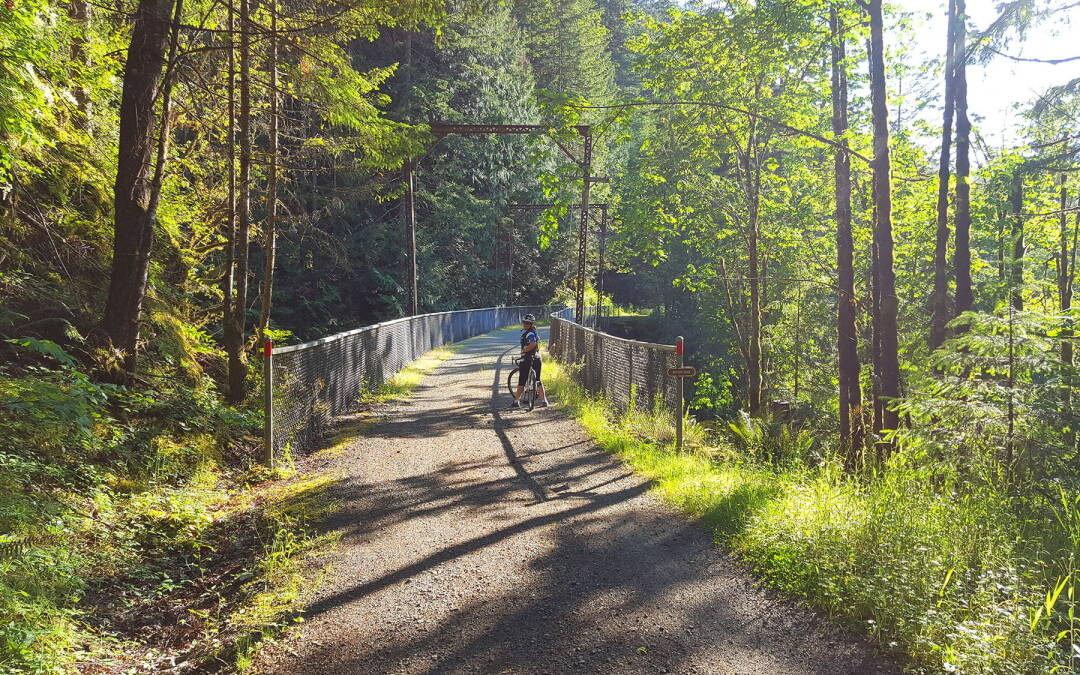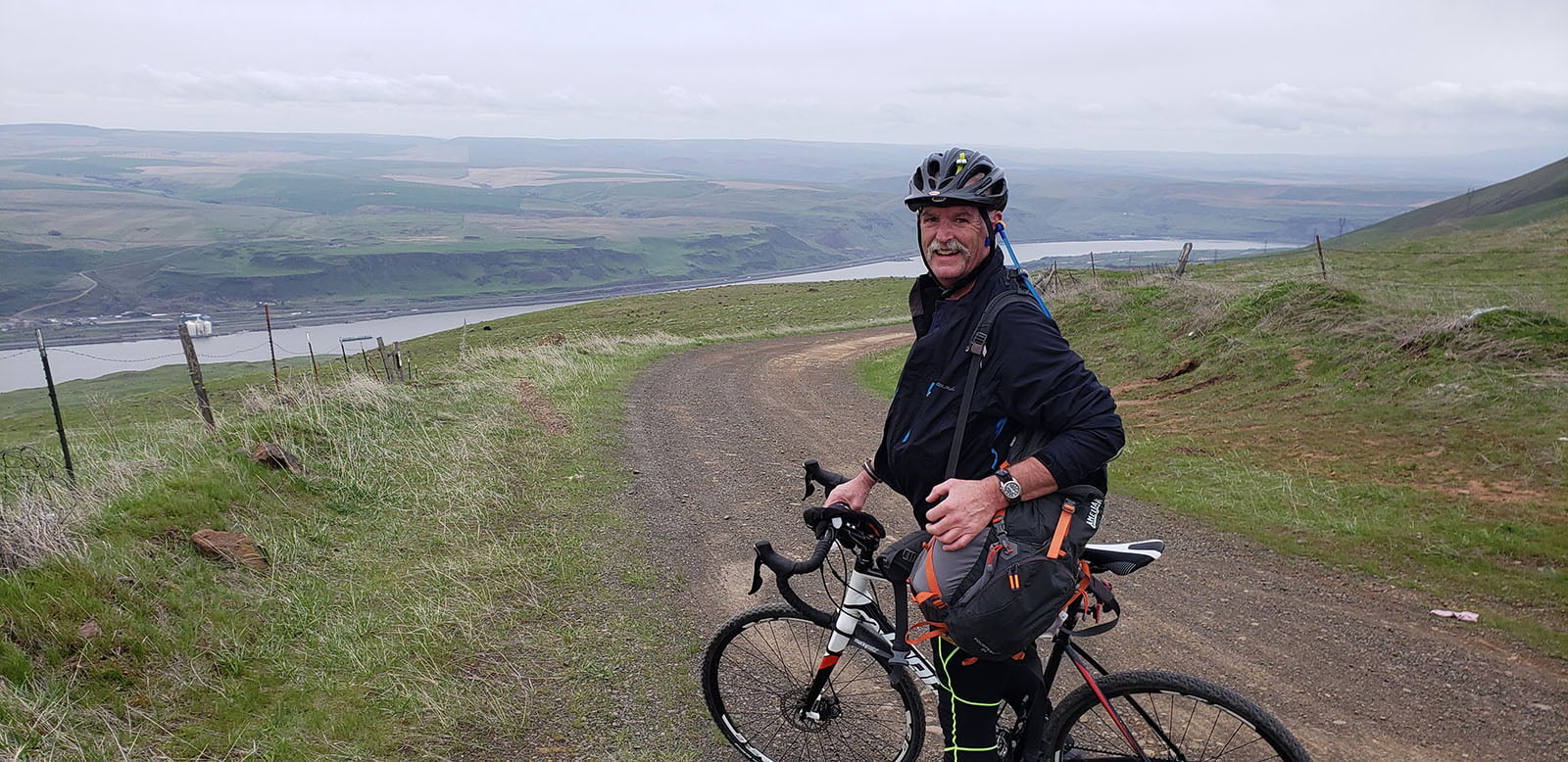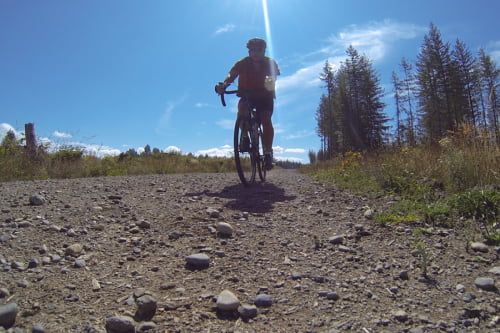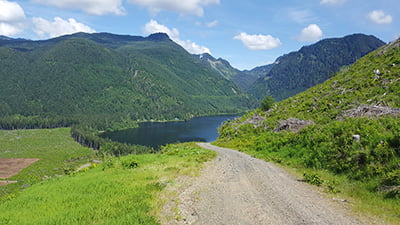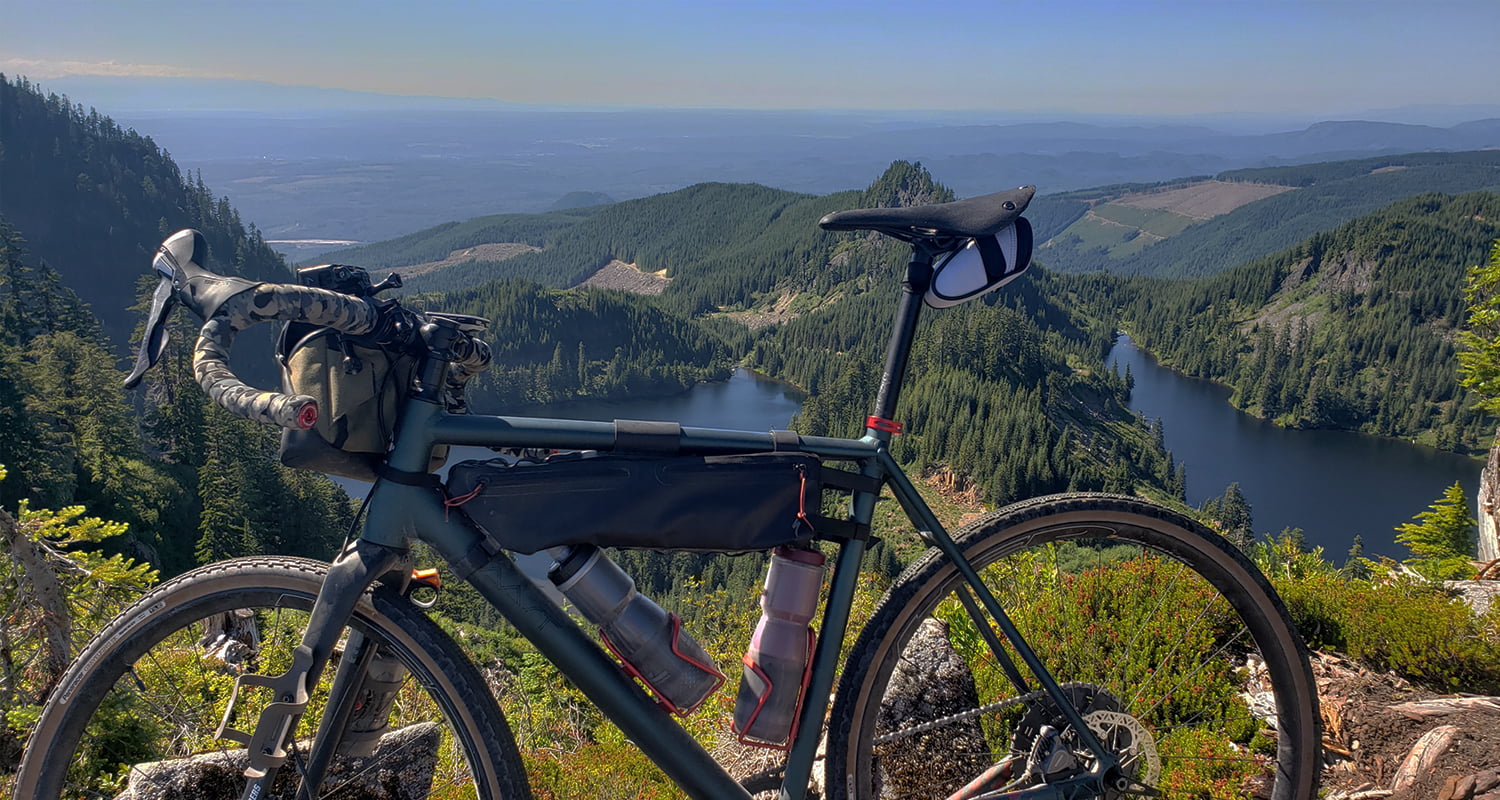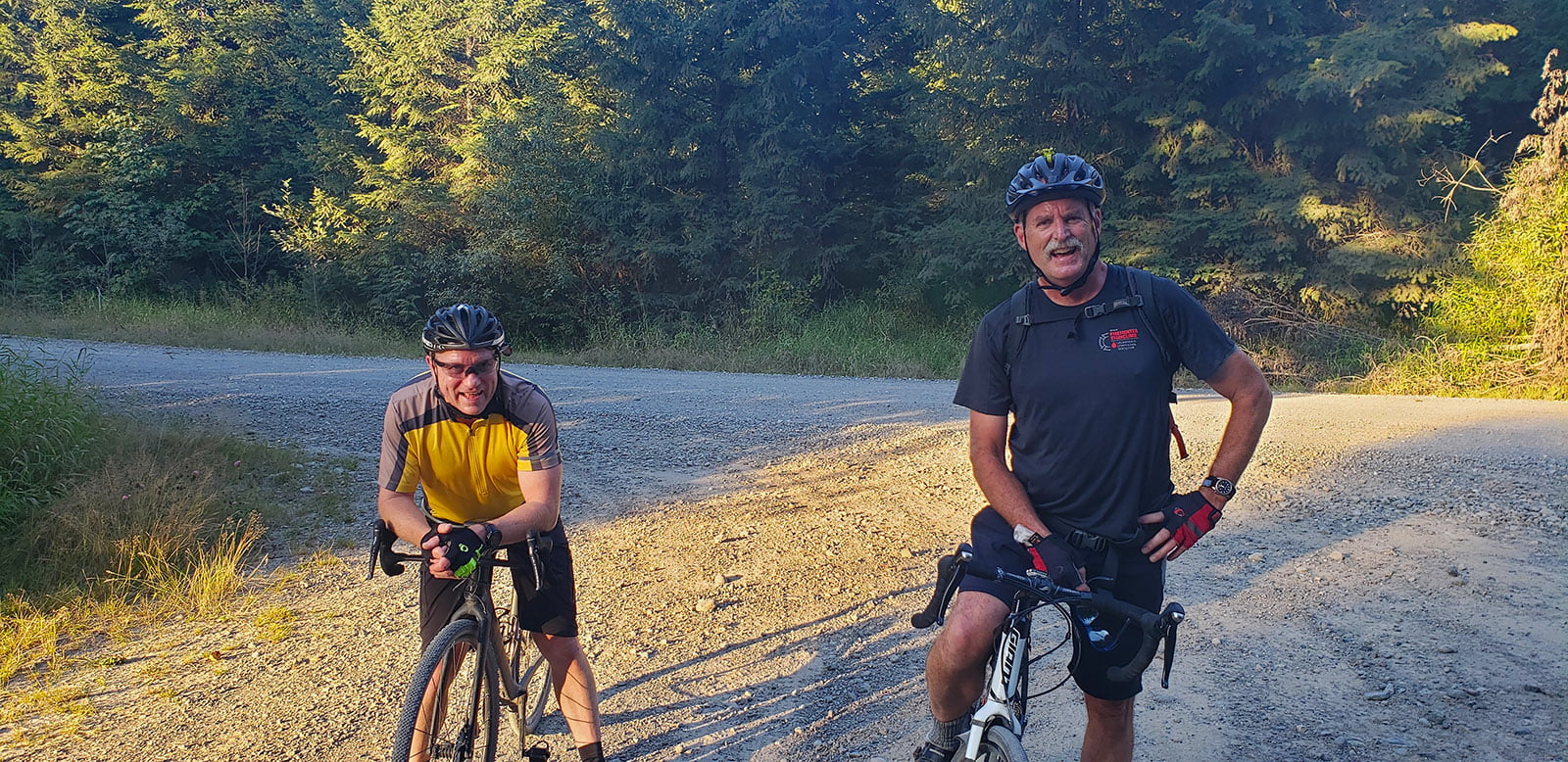Gravel riding is a challenging and demanding sport that requires a combination of physical endurance, technical skills, and mental toughness.
Whether you’re training for a gravel race or simply want to improve your overall performance, there are a variety of training programs and workouts that can help you achieve your goals.
In this post, we’ll explore some of the most effective training programs and workouts for gravel riding.
Endurance Training
Endurance is a crucial component of gravel riding, as many rides can be 50 miles or longer. To improve your endurance, consider incorporating longer rides into your training routine. Start with shorter rides and gradually increase your mileage over time. Aim to ride at a steady pace, rather than pushing yourself to exhaustion.
Interval Training
Interval training is an effective way to improve your overall fitness and increase your speed on the bike. This type of training involves alternating between high-intensity efforts and periods of recovery. For gravel riding, consider doing intervals on hilly terrain to simulate the demands of a race or long ride.
Strength Training
Strength training can help improve your power and endurance on the bike, as well as reduce your risk of injury. Focus on exercises that target your legs, core, and upper body. Squats, lunges, and deadlifts are all great exercises for building leg strength, while planks and push-ups can help improve your core and upper body strength.
Hill Repeats
Hill repeats are a great way to build strength and endurance on hilly terrain. Find a hill with a steady gradient and do several repeats, riding hard up the hill and recovering on the way down. As you get stronger, you can increase the number of repeats and the intensity of your efforts.
Recovery Rides
Recovery rides are an important part of any training program, as they help your body recover and reduce the risk of injury. These rides should be done at a low intensity and focus on active recovery. Aim for a shorter distance and lower intensity than your regular training rides.
Conclusion:
When it comes to gravel riding, there is no one-size-fits-all training program. The key is to find a program that works for your individual needs and goals. Whether you’re training for a race or simply want to improve your skills, these training programs and workouts can help you achieve your best performance on rough terrain.

